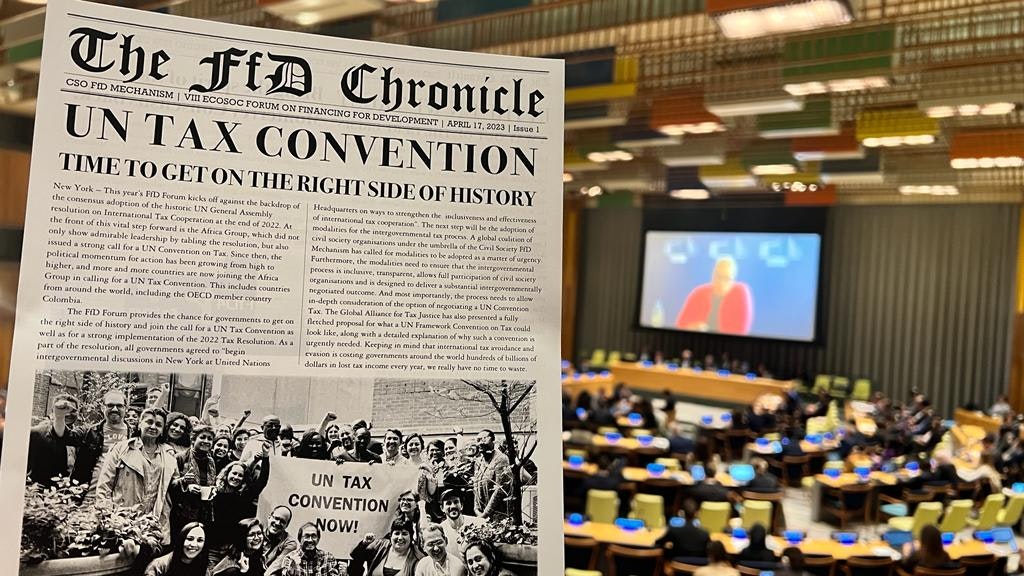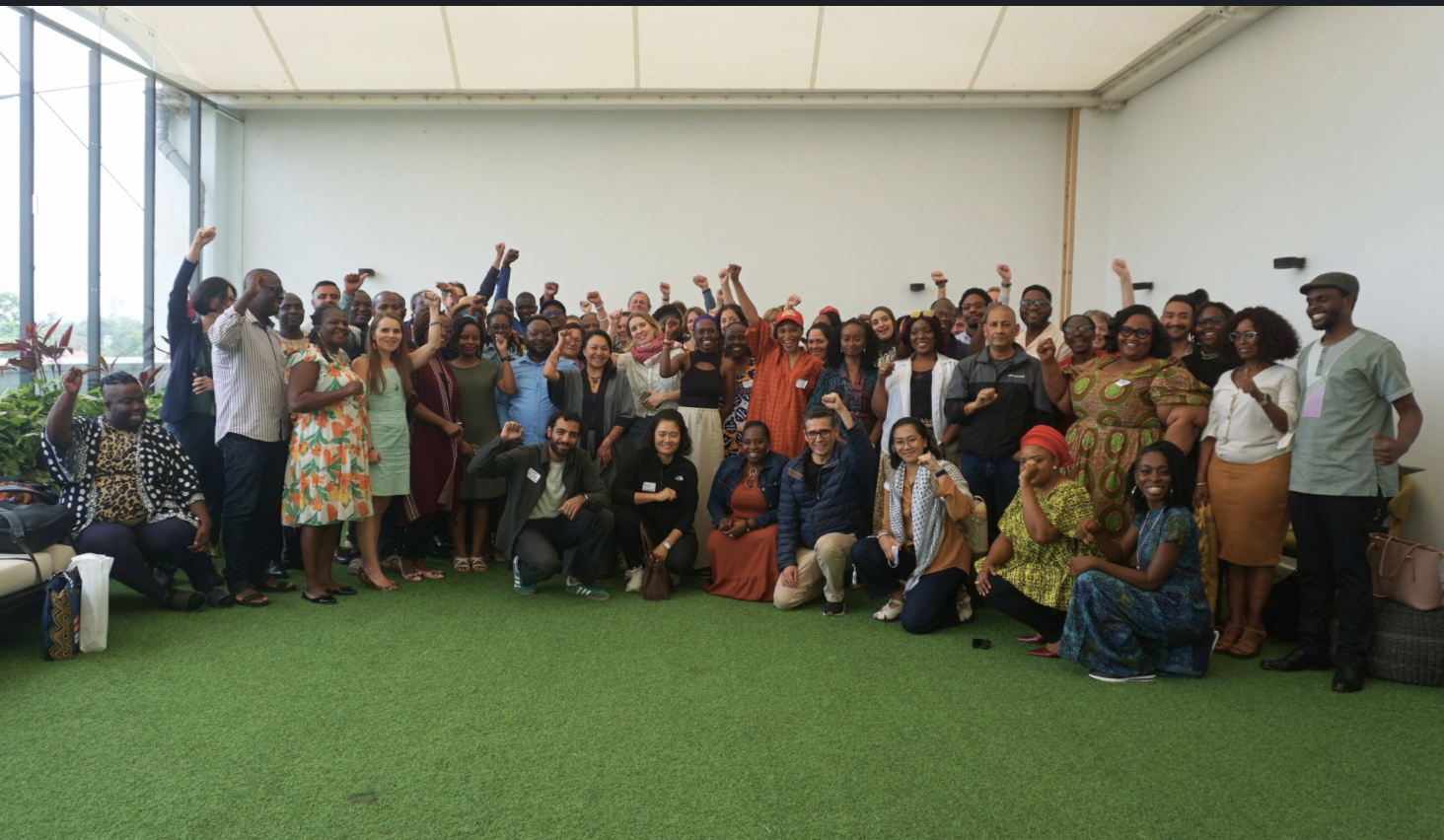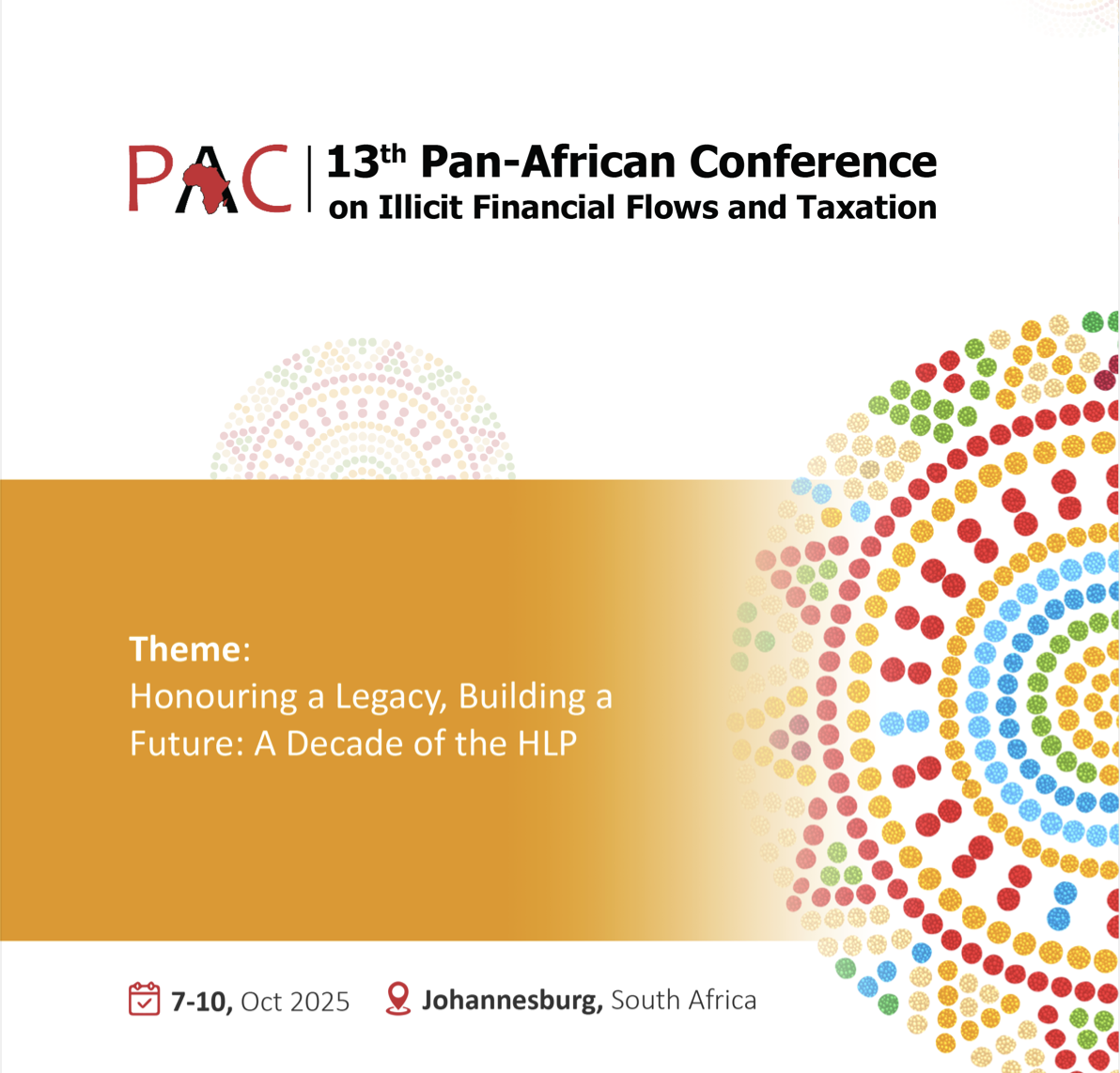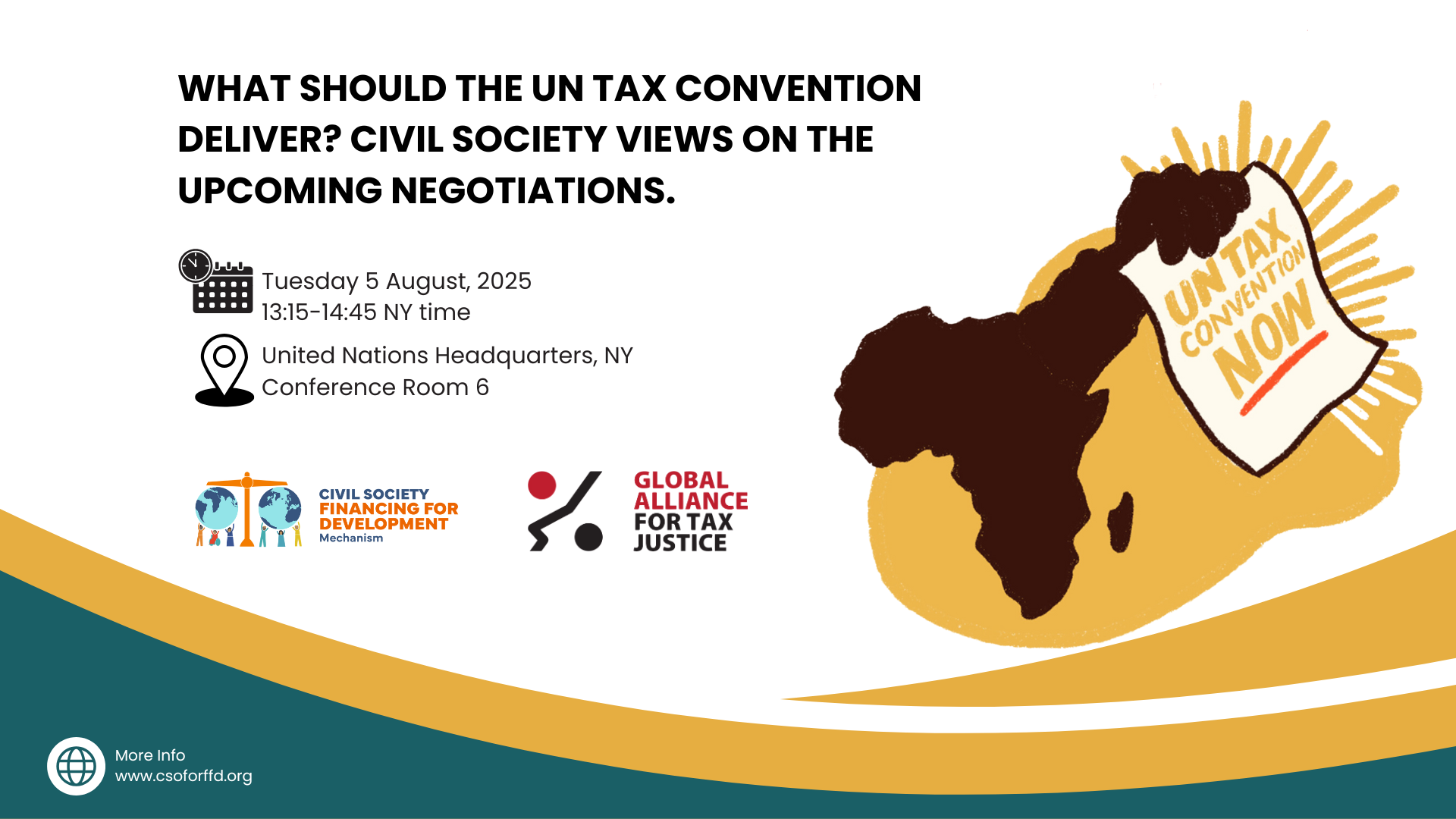By advocating for structural changes to the international tax system, we aim to stem the loss of billions in public revenue, particularly in Global South countries. We seek to address inequalities within and between countries, combat unsustainable debt levels, and alleviate the disproportionate burden of consumption taxes on women.
THE CHALLENGE
THE NEED FOR INTERNATIONAL COOPERATION ON TAX
Cross-border tax abuse by multinational companies and wealthy individuals is not a marginal phenomenon but a systemic feature of the global economy. Trillions of dollars of assets and income are shifted and held opaquely in order to defeat national tax efforts. As long as the international tax rules facilitate the tax abuse of wealthy individuals and corporations, efforts towards establishing progressive tax systems at the national level will continue to be undermined. FfD is the space to fight for the international enabling environment needed for domestic resource mobilization to expand developing countries’ fiscal and policy space.
Unless the failures of the international tax system are urgently addressed, countries around the world will continue to lose billions of public revenue dollars due to tax abuse by multinational corporations and their professional enablers (lawyers, bankers and accountants). The current situation contributes to decreasing the public revenue base of developing countries, exacerbating already unsustainable debt levels and therefore to undermining governments’ abilities to respond to the multiple crises. Structural changes to the international tax system is also important to overcome countries’ reliance on consumption taxes, which unfairly burdens women.
OUR RECOMMENDATION
DEMOCRATIZING GLOBAL TAX GOVERNANCE
To address these failures in a democratic setting, the CS FfD Mechanism:



